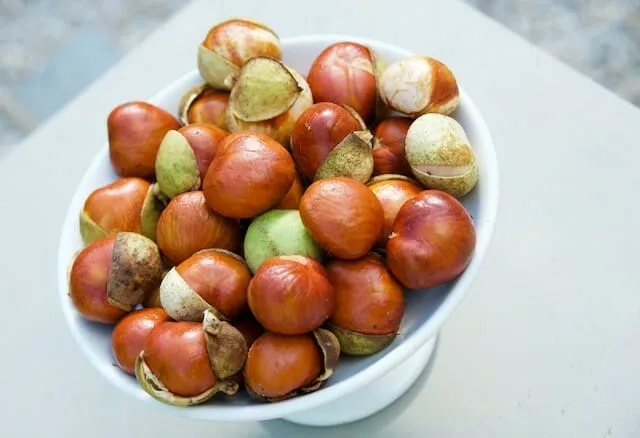Bottlebrush Buckeye: A Stunning Shrub for Shade and Wildlife
- Tres the Wizard

- Jan 6, 2025
- 2 min read

Bottlebrush Buckeye: A Stunning Shrub for Shade and Wildlife
Bottlebrush buckeye (Aesculus parviflora) is a striking deciduous shrub known for its showy, bottlebrush-like flowers and sprawling growth. Native to the southeastern United States, this plant is perfect for shaded areas and makes a dramatic statement in woodland gardens. In midsummer, its creamy-white flower spikes attract pollinators, while its lush foliage and fall color provide year-round interest. With minimal maintenance and excellent adaptability, bottlebrush buckeye is a favorite among gardeners looking to add beauty and ecological value to their landscapes.
Key Facts About Bottlebrush Buckeye:
Sun requirements: Partial to full shade but can tolerate morning sun. Too much direct sunlight may cause leaf scorch in hotter climates.
Water requirements: Prefers moist, well-drained soil and benefits from regular watering, especially during dry spells. It’s moderately drought-tolerant once established.
Height: 8-12 feet tall, with a wide, spreading habit.
Spread: 8-15 feet, creating a dense, multi-stemmed mound.
Natural habitat: Native to shady, moist woodlands of the southeastern United States, it thrives in rich, loamy soils.
When to prune: Late winter or early spring to shape the plant or remove any dead or damaged branches.
When it flowers: June through July, produces long, showy flower spikes.
When to collect seeds: Collect seeds in late summer to early fall, when the spiky seed pods have matured and begun to dry.
Uses: Primarily ornamental, bottlebrush buckeye is perfect for shade gardens, hedges, and wildlife-friendly landscapes.
When to harvest: Seeds are not edible and should only be harvested for propagation or craft purposes.
Fun Fact: Bottlebrush buckeye is deer-resistant, making it an excellent choice for areas with high deer populations.
Companion Plants:
Ferns
Azalea








